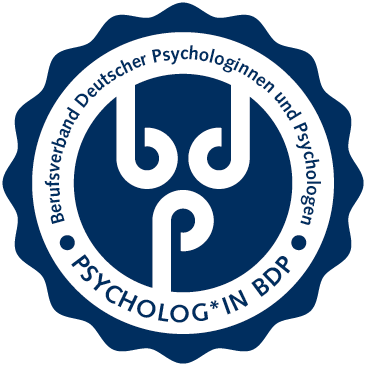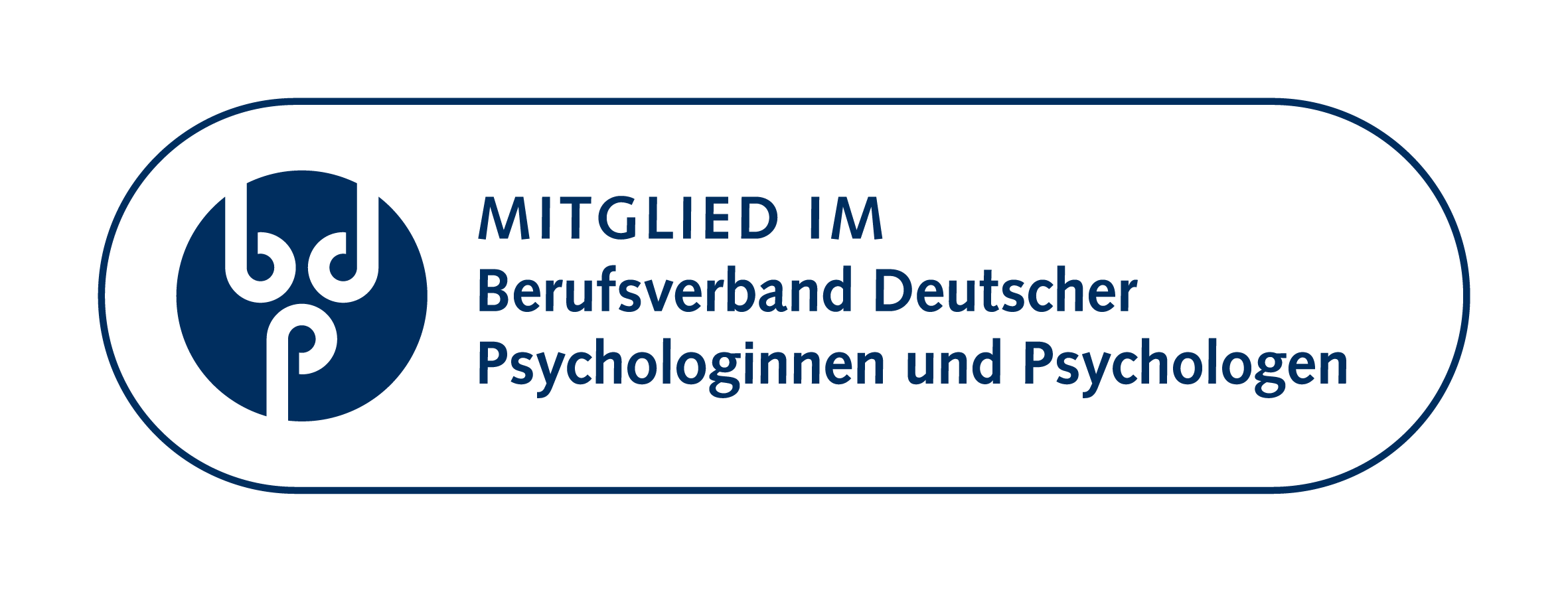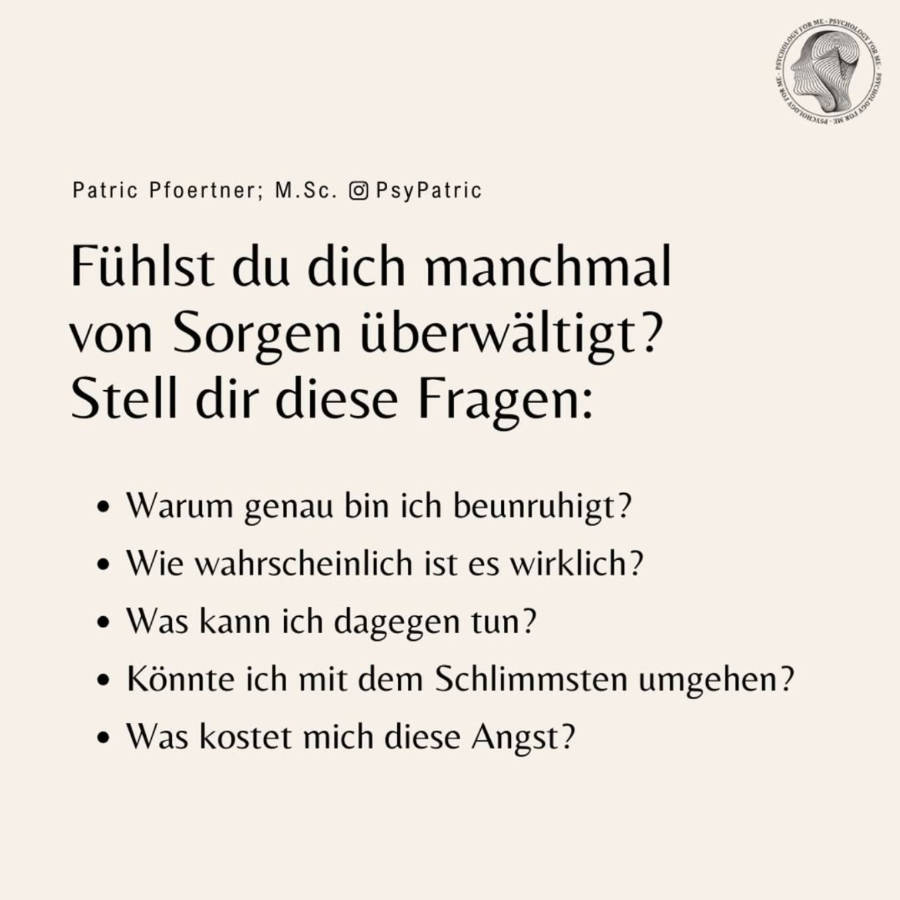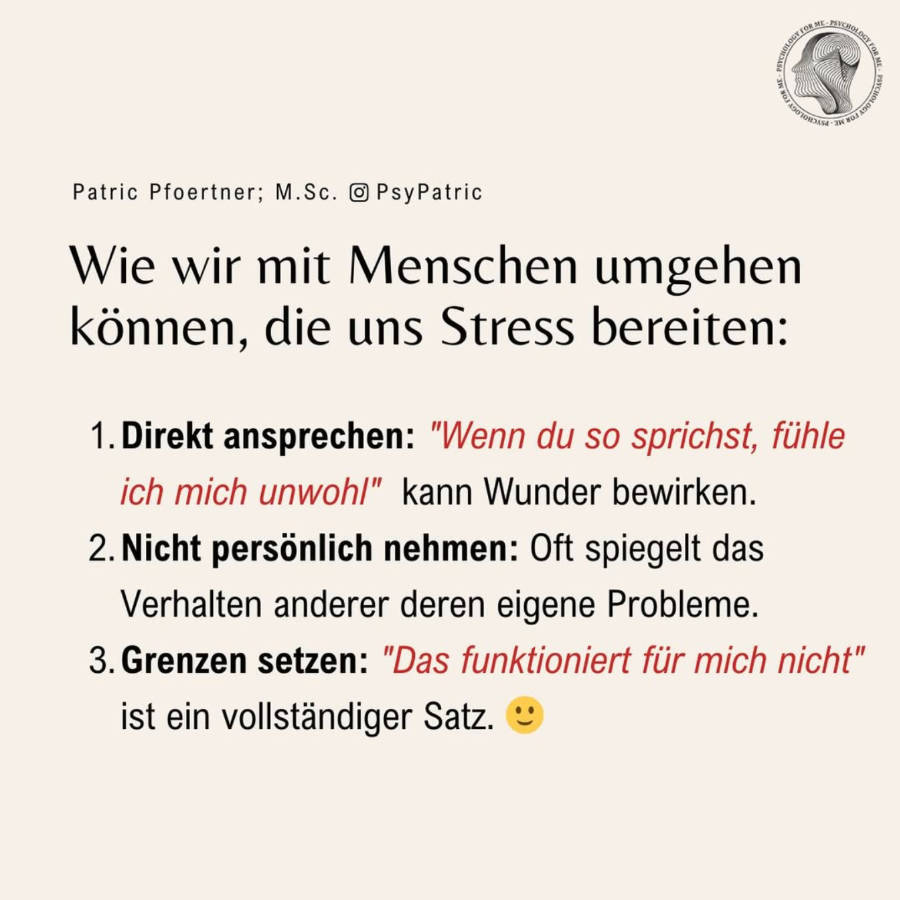Understanding Egoism: A Path to Healthier Relationships
As human beings, we navigate a complex dance between our own needs and the needs of those around us. Understanding where we stand on the spectrum of self-interest, often referred to as egoism, is a crucial step towards fostering more balanced and fulfilling relationships. This self-assessment, the Egoism Self-Assessment, is designed to offer you a private moment of reflection on how you prioritize yourself and others.
This test is about:
- A self-assessment tool designed to help you explore your patterns of self-interest and how you balance your needs with those of others.
- Providing insights into your tendencies regarding personal goals, competitiveness, and consideration for the feelings and perspectives of people around you.
- Serving as a starting point for reflection on your interpersonal dynamics and opportunities for personal growth towards more balanced and fulfilling relationships.
Many people naturally have questions when they begin to explore this topic, wondering about the nature of self-interest and its role in our lives. Let's address some common ones:
What exactly is egoism?
Egoism, in a psychological context, refers to a tendency to prioritize one's own desires, needs, and interests above those of others. It's a spectrum; at one end is healthy self-care and self-preservation, which is vital for well-being. At the other end, it can manifest as an excessive focus on oneself, potentially leading to a disregard for others' feelings, perspectives, or well-being.
Is being self-interested always a bad thing?
Absolutely not. Healthy self-interest is fundamental for setting boundaries, pursuing personal goals, and maintaining your mental and emotional well-being. It ensures you don't deplete yourself by constantly prioritizing others. The challenge arises when self-interest becomes so dominant that it overshadows empathy and reciprocity, hindering genuine connection and potentially leading to feelings of loneliness or isolation.
How does egoism impact my relationships?
When self-interest becomes excessive, it can significantly strain relationships. Partners, friends, or family members might feel unheard, undervalued, or used. A consistent lack of consideration for others' feelings or a persistent focus on one's own agenda can lead to resentment, conflict, and a breakdown of trust. Healthy relationships thrive on a balance of giving and receiving, mutual understanding, and shared emotional space.
Can I change my approach to self-interest?
Yes, self-awareness is the crucial first step. If you recognize patterns of excessive self-interest that are negatively impacting your life or relationships, you absolutely can cultivate a more balanced approach. This involves developing greater empathy, practicing active listening, understanding the impact of your actions, and consciously striving for more reciprocal interactions. Sometimes, exploring these dynamics with a qualified therapist can provide valuable strategies and support for personal growth and healthier interpersonal dynamics.
Remember, this self-assessment is a tool for personal reflection, not a diagnosis. Your journey towards self-understanding and healthier relationships is a continuous one, and seeking professional guidance can be a powerful step in that process. Embrace the opportunity to reflect and grow!
























